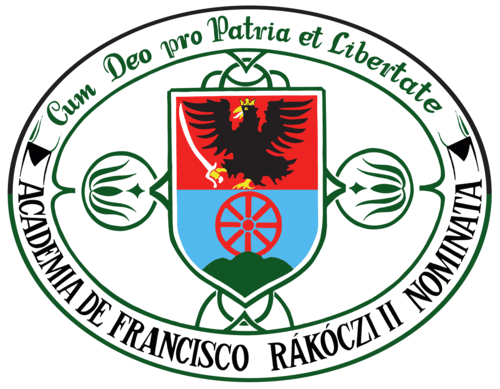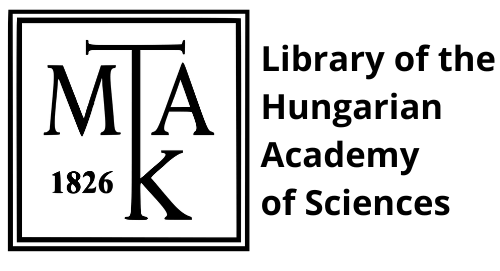On the Use of Articles in English and in Hungarian
DOI:
https://doi.org/10.58423/2786-6726/2023-2-81-91Keywords:
the definite article, the indefinite article, the zero article, common nouns, proper nouns, countability, generalisationAbstract
The English article system presents many problems for non-native speakers of English, thus to Hungarian learners of English as well, and due to the influence of the mother tongue they commit many errors in using them. While the definite article is the most basic indicator of definiteness, the indefinite article is the most basic indicator of indefiniteness for singular count nouns. However, there is a third type of article, the zero article, which indicates that the noun phrase is used in a generic sense in English whereas in Hungarian the definite article is used here. (e.g., Milk is good for you. Cigarettes are bad for your health. Do you like folk music? vs. A tej jó neked. A cigaretta káros az egészségedre. Szereted a népzenét). Although there are many similarities in the use of articles in English and Hungarian, there are also many crucial differences in this respect between the two languages as illustrated by the examples above. The main aim of this paper is to investigate these similarities and differences by primarily relying on descriptive grammar books commonly used by students during their studies at universities. Special focus will be placed on the use of articles for generalisation (e.g., The bull terrier makes an excellent watchdog./A bull terrier makes an excellent watchdog./Bullterriers make excellent watchdogs. vs. A bullterrier kitűnő házőrző.) and with proper nouns (e.g., Westminster Abbey vs. A Westminster- apátság or Lake Balaton vs. A Balaton, Mont Blanc vs. A Mont Blanc), as these are the most troublesome areas students face when studying the article system of English. I hope to be able to improve students’ understanding of this difficult area and guide them to a more accurate usage of the English article system.
References
Huddleston, Rodney − Pullum, Geoffrey K., 2002. The Cambridge Grammar of the English Language. Cambridge: Cambridge University Press. (In English)
Keszler Borbála. ed., 2000. Magyar grammatika [Hungarian grammar]. Budapest: Nemzeti Tankönyvkiadó. . (In Hungarian).
Nádasdy Ádám, 2001. A név előtti névelő [The article before the name.]. Magyar Narancs, 2001/11/08, p. 52. (In Hungarian).
Quirk, Randolph − Greenbaum, Sidney − Leech, Geoffrey − Svartvik, Jan. 1985. A Comprehensive Grammar of the English Language. London: Longman. (In English)
Rácz Endre. ed., 1991. A mai magyar nyelv [The Hungarian language today]. Budapest, Tankönyvkiadó. (In Hungarian).
URL1. Buvári Mária. Név elé névelő [Name preceded by an article]. https://nyelv-muveles.hu/stilus-retegek-divatok/nev-ele-nevelo. (accessed on 25 October 2023). (In Hungarian).
Downloads
Published
How to Cite
Issue
Section
License
Authors retain copyright and grant the journal the right of first publication. The work is simultaneously licensed under a Creative Commons Attribution 4.0 International License (CC BY 4.0), which permits others to share the work with appropriate credit given to the author(s) and the initial publication in this journal.

















